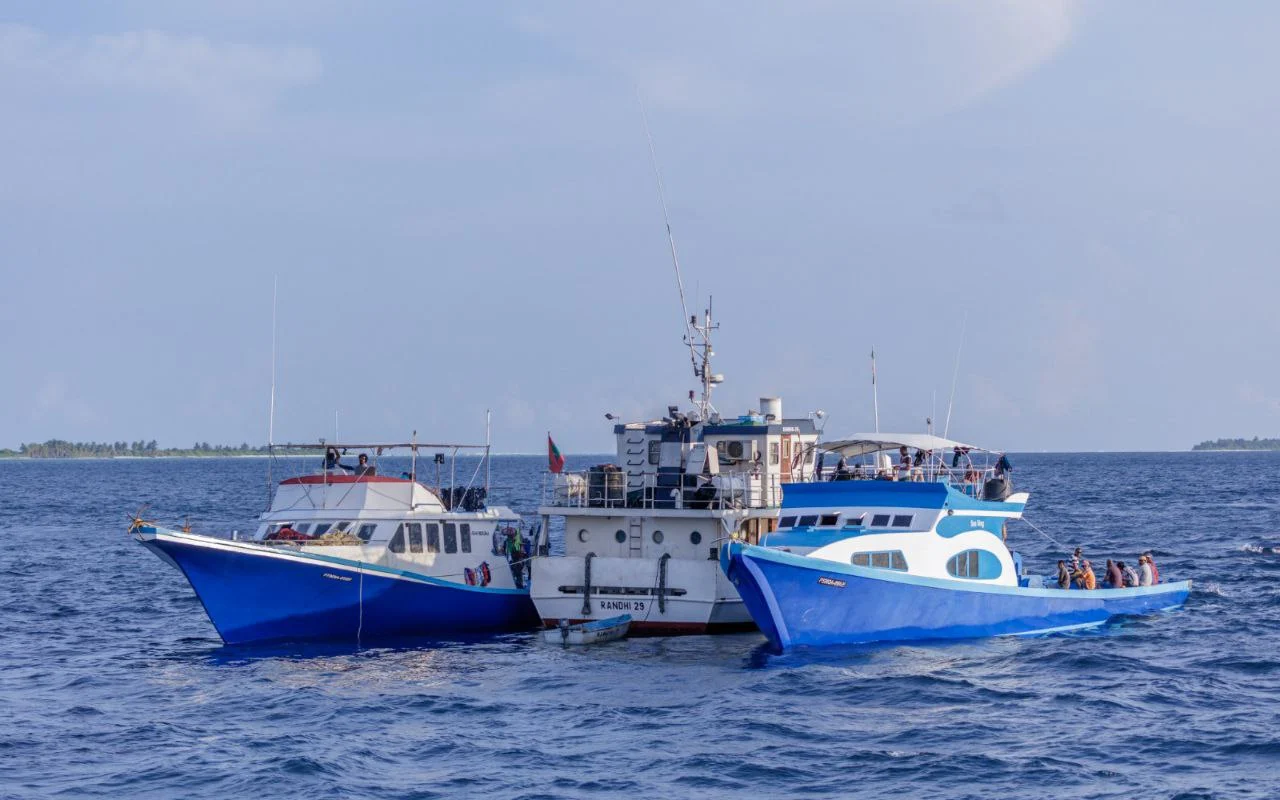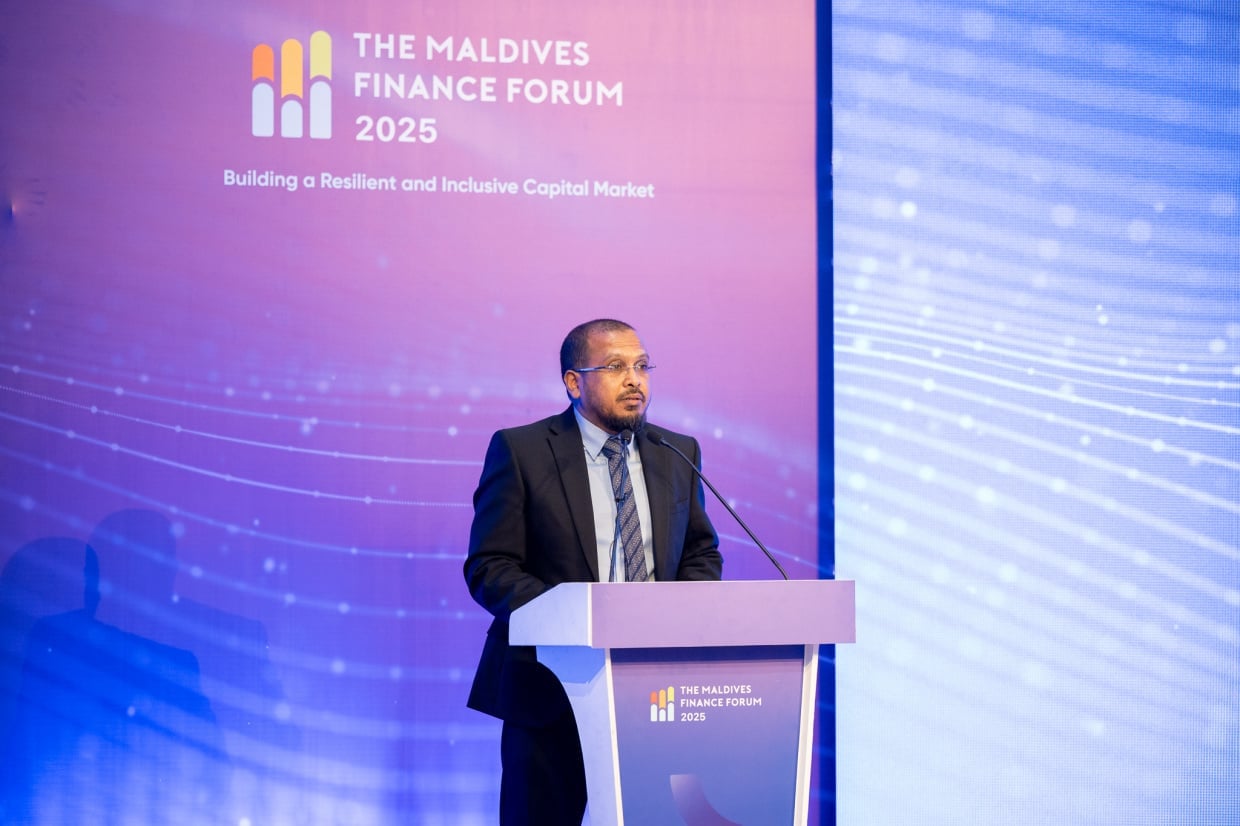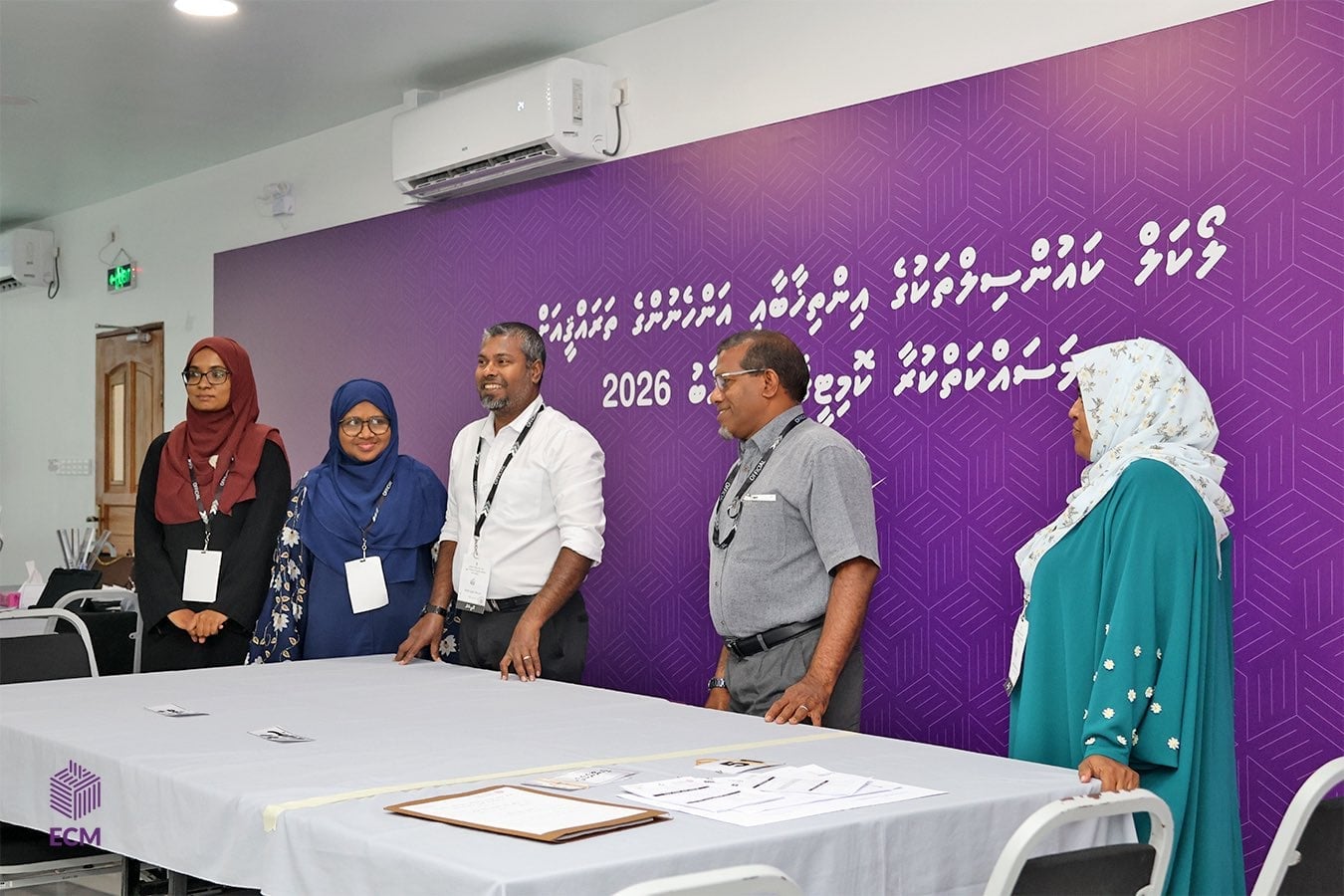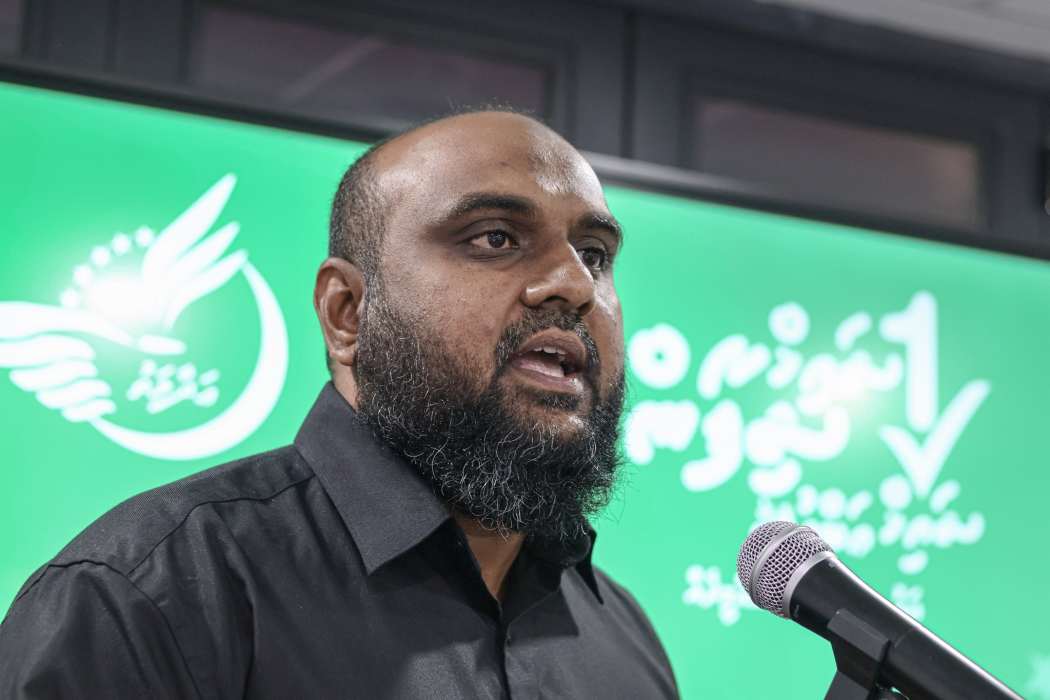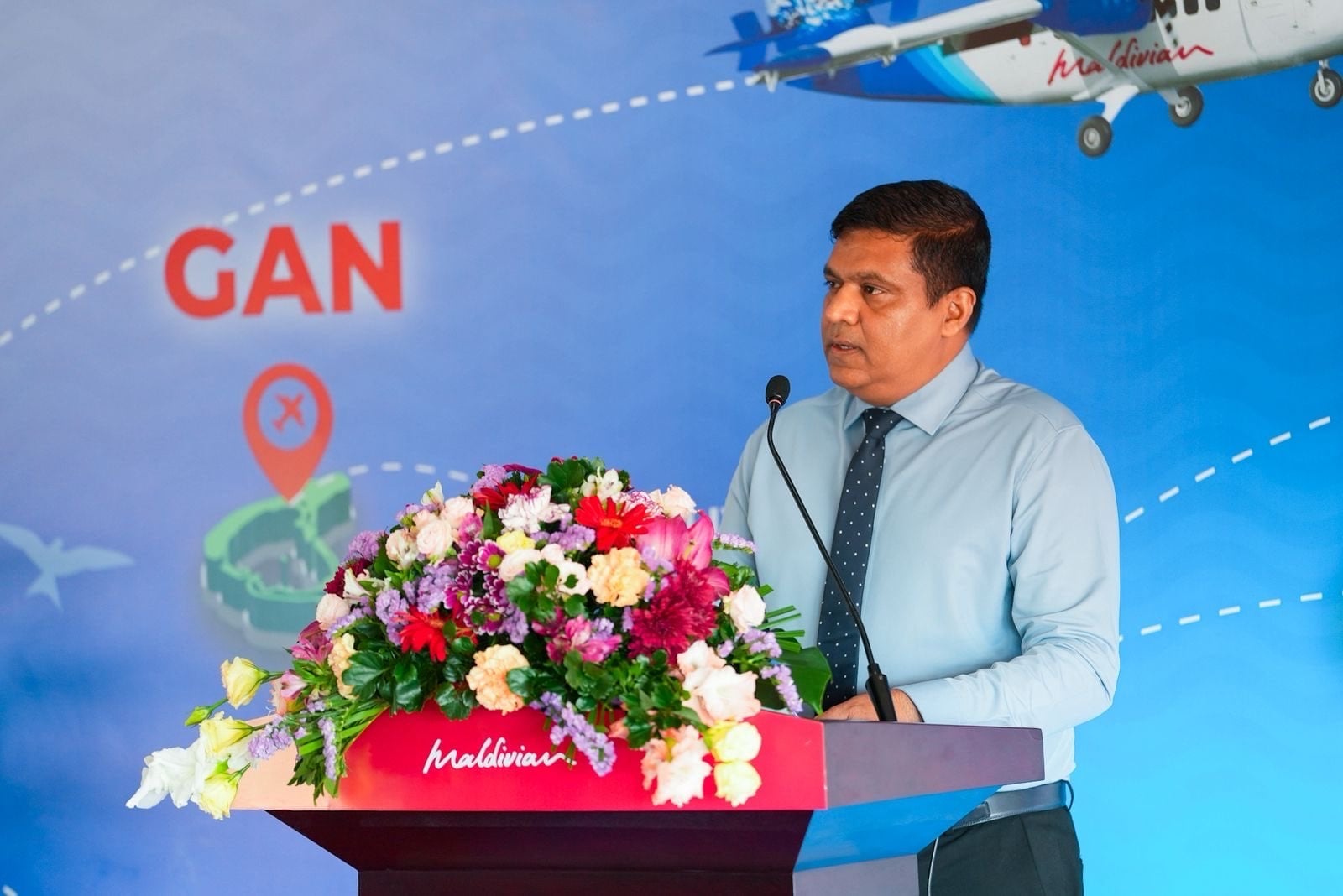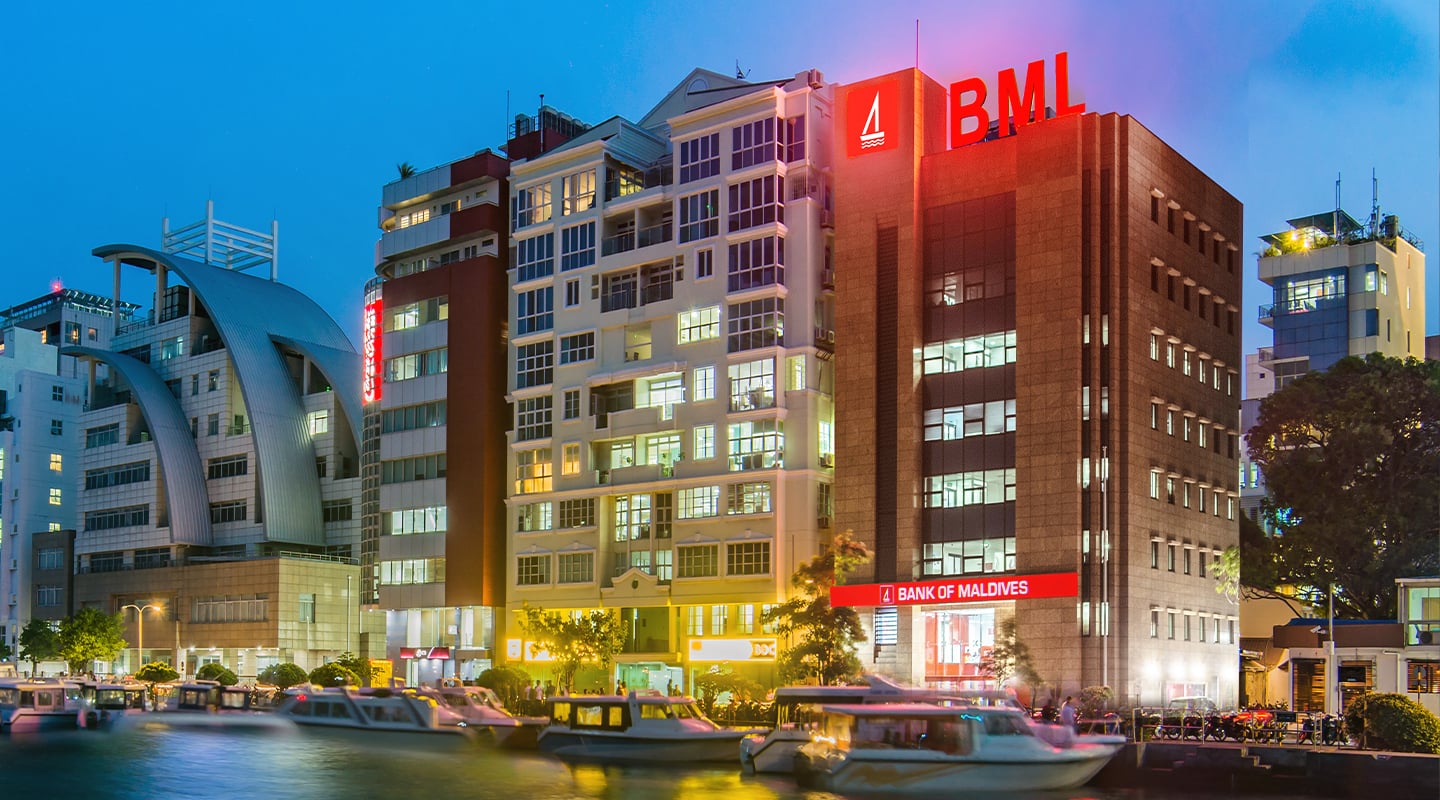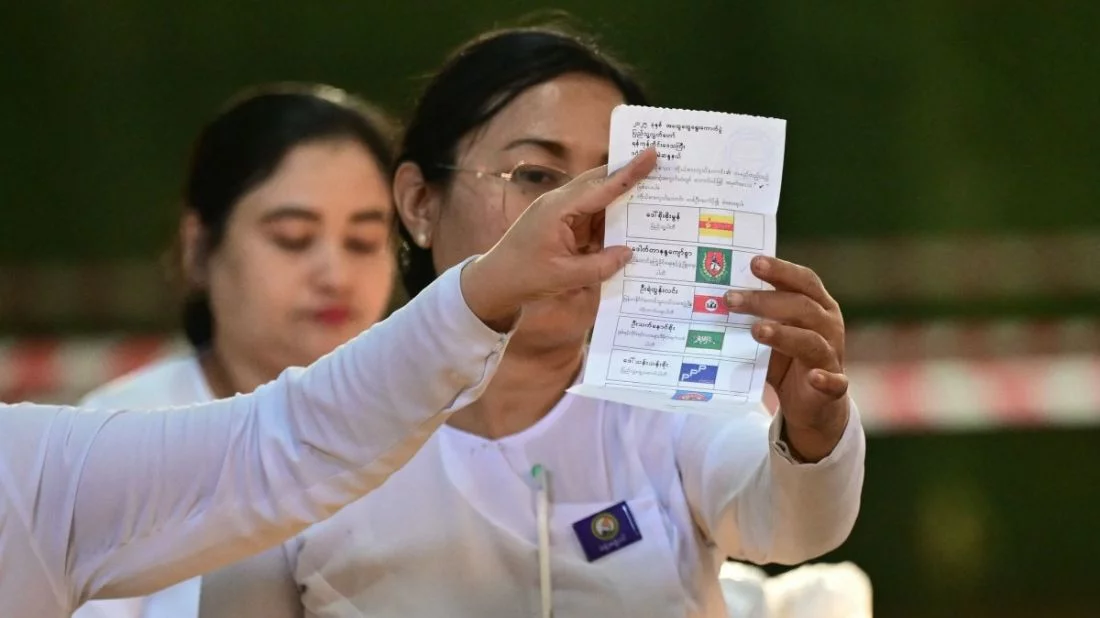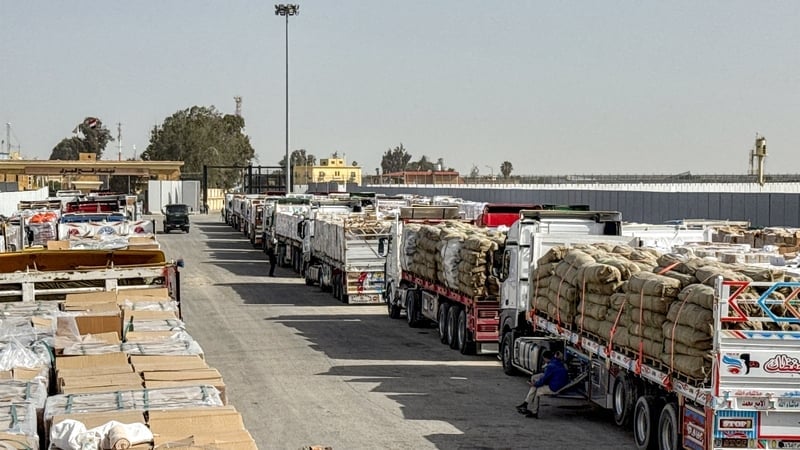President Dr. Mohamed Muizzu has pledged that the key initiatives launched by his administration to uplift the country’s fishing sector will be completed within the next two years, with visible benefits expected in the near future.
Speaking during the fourth episode of the Rayyithunnaa Eku podcast, President Muizzu highlighted several strategic projects aimed at enhancing the fisheries value chain. One of the major developments includes expanding the storage capacity for skipjack tuna from the current 9,500 tonnes to 25,000 tonnes. Additionally, fish processing capacity is set to increase from 115 tonnes to 365 tonnes. The President assured that these projects are well-funded and will continue without disruption.
To address long-standing concerns within the fishing community, particularly regarding access to fuel and ice, the President noted significant progress in infrastructure development and resource allocation. He confirmed that by the end of this year, each atoll will have designated islands providing fuel at State Trading Organisation (STO) rates. He also reported rapid advancement in the construction of ice plants, cold storage facilities, and fish processing centres across various islands.
Highlighting the importance of modernisation, the President identified Refrigerated seawater (RSW) systems as crucial to the future of fisheries and announced the introduction of additional loan schemes to support their use.
President Muizzu also spoke about strengthening financial stability for fishermen. One of the administration's key achievements, he said, is the implementation of a 48-hour payment guarantee. This measure, he noted, has encouraged more young Maldivians to return to the sector. Since last Fishermen’s Day, over MVR 470 million has been disbursed in payments to fishermen without delay, supporting the administration’s goal to see fishing vessels fully staffed by Maldivians.
He added that the national fishermen's registry, created to improve access to finance and promote economic inclusion, now covers 95 percent of the country’s fishing vessels. This registry enables banks and financial institutions to recognise fishing as a reliable income source.
As part of efforts to boost fish stock aggregation and maritime safety, the administration has deployed 18 new fish aggregating devices (FADs) and repaired 21 others. Furthermore, 56 rescue divers have been trained and assigned to an equal number of vessels.
In terms of capacity building, President Muizzu said that the Maldives College for Fisheries and Ocean Sciences will continue to offer full scholarships for 45 students undertaking Bachelor’s degrees in Fisheries Management. He also revealed plans to expand specialised training in related fields, aiming to secure the long-term sustainability and professionalism of the fisheries sector.
Speaking during the fourth episode of the Rayyithunnaa Eku podcast, President Muizzu highlighted several strategic projects aimed at enhancing the fisheries value chain. One of the major developments includes expanding the storage capacity for skipjack tuna from the current 9,500 tonnes to 25,000 tonnes. Additionally, fish processing capacity is set to increase from 115 tonnes to 365 tonnes. The President assured that these projects are well-funded and will continue without disruption.
To address long-standing concerns within the fishing community, particularly regarding access to fuel and ice, the President noted significant progress in infrastructure development and resource allocation. He confirmed that by the end of this year, each atoll will have designated islands providing fuel at State Trading Organisation (STO) rates. He also reported rapid advancement in the construction of ice plants, cold storage facilities, and fish processing centres across various islands.
Highlighting the importance of modernisation, the President identified Refrigerated seawater (RSW) systems as crucial to the future of fisheries and announced the introduction of additional loan schemes to support their use.
President Muizzu also spoke about strengthening financial stability for fishermen. One of the administration's key achievements, he said, is the implementation of a 48-hour payment guarantee. This measure, he noted, has encouraged more young Maldivians to return to the sector. Since last Fishermen’s Day, over MVR 470 million has been disbursed in payments to fishermen without delay, supporting the administration’s goal to see fishing vessels fully staffed by Maldivians.
He added that the national fishermen's registry, created to improve access to finance and promote economic inclusion, now covers 95 percent of the country’s fishing vessels. This registry enables banks and financial institutions to recognise fishing as a reliable income source.
As part of efforts to boost fish stock aggregation and maritime safety, the administration has deployed 18 new fish aggregating devices (FADs) and repaired 21 others. Furthermore, 56 rescue divers have been trained and assigned to an equal number of vessels.
In terms of capacity building, President Muizzu said that the Maldives College for Fisheries and Ocean Sciences will continue to offer full scholarships for 45 students undertaking Bachelor’s degrees in Fisheries Management. He also revealed plans to expand specialised training in related fields, aiming to secure the long-term sustainability and professionalism of the fisheries sector.



